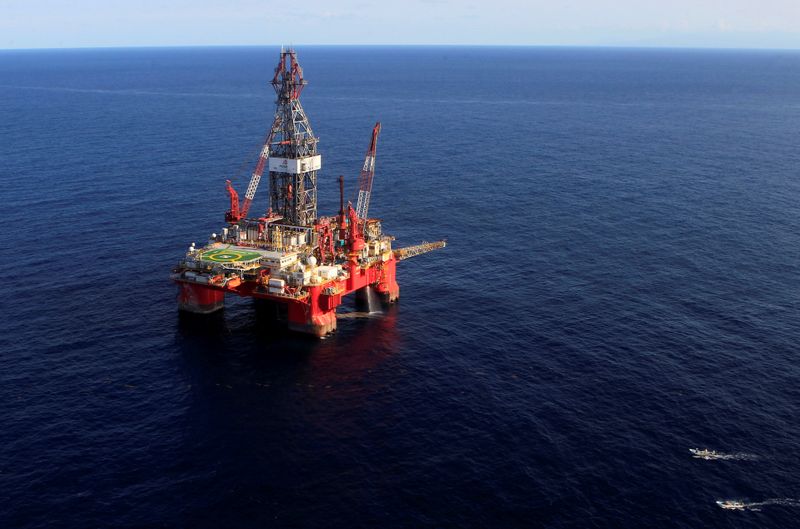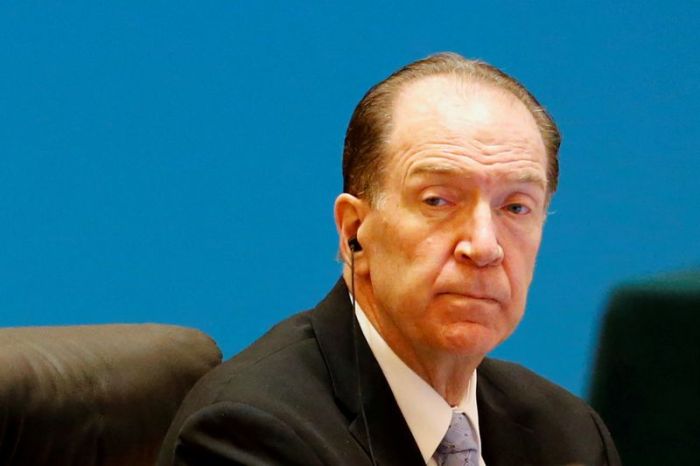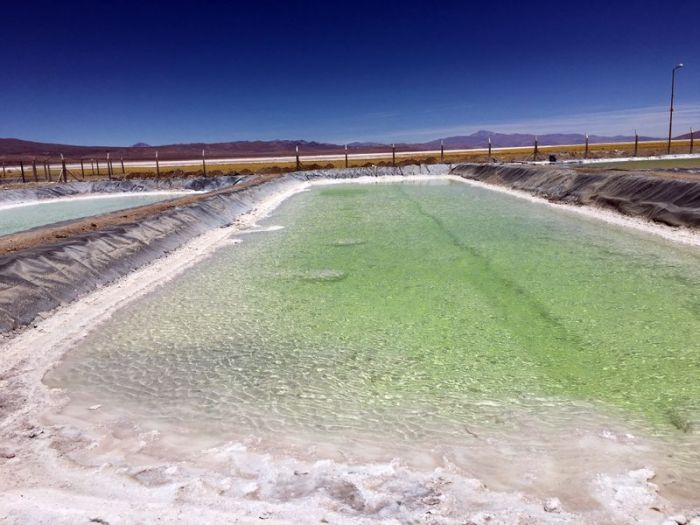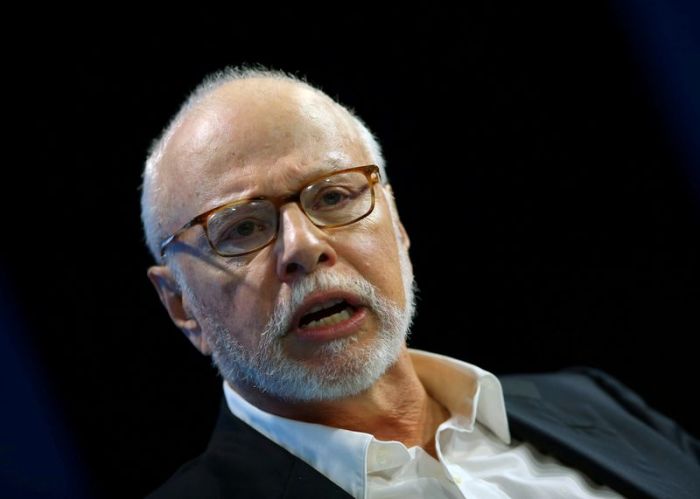MEXICO CITY (Reuters) – The head of Mexico’s powerful oil regulator said state oil firm Pemex could seek new joint venture partnerships soon, despite President Andres Manuel Lopez Obrador’s decision to freeze the so-called “farm-outs” in his first year in office.
“I think it will happen during this government,” Rogelio Hernandez, who became president of the National Hydrocarbons Commission (CNH) late last year, said in an interview.
“In fact, I see it as imminent,” Hernandez said.
The 37-year-old, who was confirmed to his seven-year term in November, emphasized the decision on joint ventures would be made by Pemex, or Petroleos Mexicanos, as it is officially called.
Reviving farm-outs would run contrary to the policies so far pursued by Lopez Obrador, who has walked back the previous government’s opening of the oil and gas industry to private producers. He canceled seven of the planned Pemex tie-ups last year.
Hernandez, who worked for Lopez Obrador’s election campaign and supports his agenda, suggested that farmouts could be taken up again very quickly due to the large number of projects that Pemex has not been able to develop alone.
About 100 of Pemex’s portfolio of assigned projects – out of more than 350 – are likely farm-out candidates since they have yet to start production and will be returned to the state if Pemex cannot meet minimum work commitments, Hernandez said.
Such partnerships are common in the oil and gas industry, allowing companies to band together to share the risks, costs and potential rewards of new discoveries.
Three such Pemex tie-ups are in operation, authorized during the previous government, which in 2013 ended Pemex’s decades-long monopoly and allowed the first-ever oilfield auctions.
Lopez Obrador, a sharp critic of that reform, has instead focused his efforts on reviving Pemex, which has seen its crude output slide for 15 consecutive years.
Aside from overseeing auctions, the CNH supervises the oil contracts awarded to companies during the previous government, as well as Pemex’s government-assigned projects. It also approves permits as well as exploration and development plans.
ZAMA OPINION DUE WITHIN A MONTH
Hernandez, who last year led Pemex’s fertilizer unit, said he wants to be a fair-minded and technical regulator who promotes the sector’s growth. He was previously a campaign official with Lopez Obrador’s leftist National Regeneration Movement (MORENA) party.
He said Mexico’s commitment to cutting 100,000 barrels per day (bpd) in May and June under a global OPEC-led deal to support oil prices will entirely come from Pemex output. Foreign and private producers will not be required to cut, he said.
If Pemex opts to shut down an entire field to make the cuts, it must notify the regulator, but if it simply reduces output across multiple fields, it is under no such obligation, Hernandez said.
While many oil companies are cutting production because rock-bottom prices have severely reduced cash flow, Hernandez recognized that Lopez Obrador’s energy policy was aimed at growing output during his six-year term. He said sharp cuts would be hard to quickly reverse once prices recover and the economic slowdown caused by coronavirus eases.
“Right now, what’s happening are reactions to coronavirus. But coronavirus will pass,” he said, adding that less than 10% of Pemex’s current output of some 1.7 million bpd comes from fields where costs are higher than current prices.
Pemex’s production costs average about $14 per barrel, according to company data.
The CNH will begin conducting virtual sessions this week in a bid to prevent project delays and an extension through at least April 30 will be applied to all deadlines associated with needed permits or plan approvals, Hernandez said.
Separately, the CNH will soon finish a technical opinion regarding the major Zama find discovered in 2017 by U.S.-based Talos Energy Inc <<TALO.N>>, Hernandez said.
That could confirm that the offshore reservoir is shared by the area operated by the Talos-led consortium and a neighboring block belonging to Pemex, he said.
“This won’t take longer than a month for it to be finished,” he said, noting the energy ministry would then have to instruct both sides to come to an agreement, or unify, a joint project.
In the past, both Talos and Pemex have claimed they control most of the nearly 700 million-barrel reservoir, and therefore hold the right to control its development. He said he has “no preference” as to which company ultimately operates Zama.
“We have to be totally impartial,” he said. “I don’t see any situation for favoritism.”
(Reporting by David Alire Garcia; Editing by Dave Graham and Marguerita Choy)























